Top 10 Brain Foods For Your Children
This post was last updated on February 15th, 2025
Children are ever on the move from classroom to the playground to back home and their brain too is growing fast and alters the way their activity does.
This makes it important for them to intake the best foods that enhance their focus and cognitive power. The control nucleus of the body – is the brain that performs a critical mental function, such as concentration and memory. The brain is the first organ that draws nutrients from the diet your child takes and their growing bodies require ample nutrients and vitamins for performing better mentally and physically.
Here we list some of the superfoods that provide a nutritional boost to the brain of the child.
1. Fatty Fish And Salmon
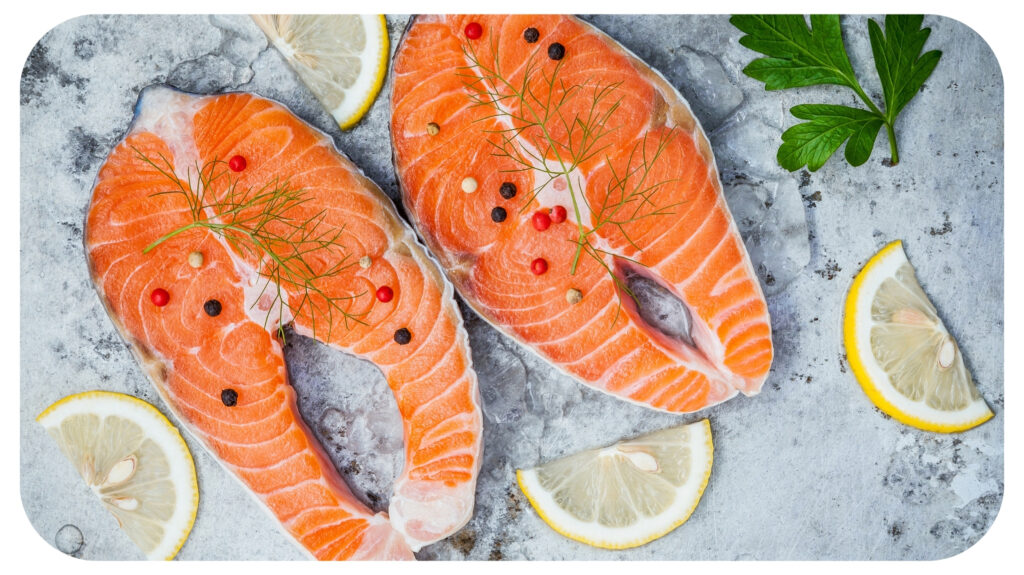
Talking about brain foods, at the top of the list the name that features is fatty fish which includes salmon, tuna, herring, trout, and sardines. All of them have abundant omega-3 fatty acids which are a primary building block of your brain, sharpen memory, and safeguard the brain to counter cognitive decline. You can prepare salmon sandwiches in place of tuna using whole wheat bread as a healthy option. Moreover, if you deep-fry the fish it can substantially eliminate the Omega-3 fats. Steaming, baking, and broiling result in minimal loss of Omega-3.
2. Dairy Milk And Yogurt
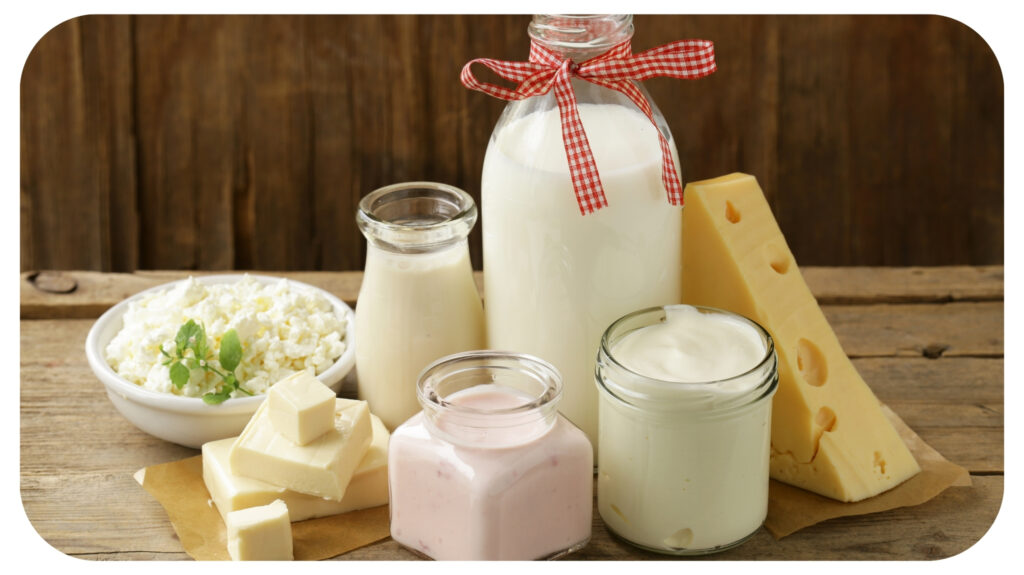
Primarily brain-food milk is abundant in vitamin B, which soothes the nerves, and retains the sleep cycle properly. B vitamin is essential for the development of brain tissue, enzymes, and brain chemicals also termed neurotransmitters that help in communication between neurons. Yogurt or low-fat milk is rich in carbohydrates and protein for brain development and functioning. Stacked with several nutrients, which include zinc, B12, protein, iodine, and selenium, Yogurt is ideal for boosting brainpower.
If your kid desists from drinking milk, try preparing frozen yogurt and delude them into believing that it’s ice cream. You can also use banana or mango and mix it with yogurt and chill them in tiny cups.
3. Whole Grains
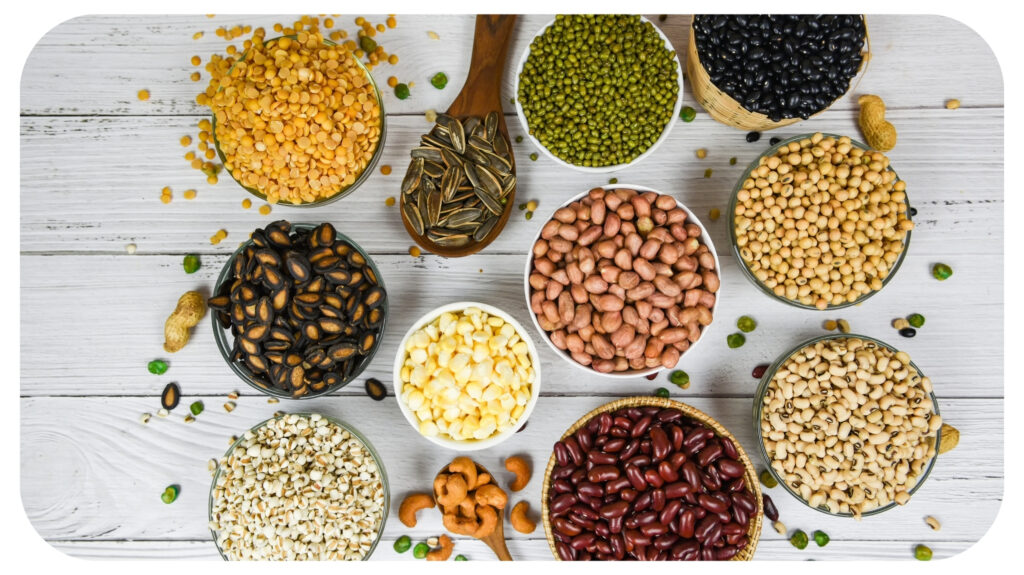
Whole grains provide glucose which is a source of energy needed by the brain which requires a regular glucose supply. This fiber is loaded with B-Vitamins, nourishes the nervous system, and controls the distribution of glucose within the body. These grains are also abundant in vitamin E which promotes brain wellness by lowering oxidative stress.
Prepare at home a cerelac powder from various whole grains and use it as flour for making rotis.
4. Avocados: A Wholesome Unsaturated Fat
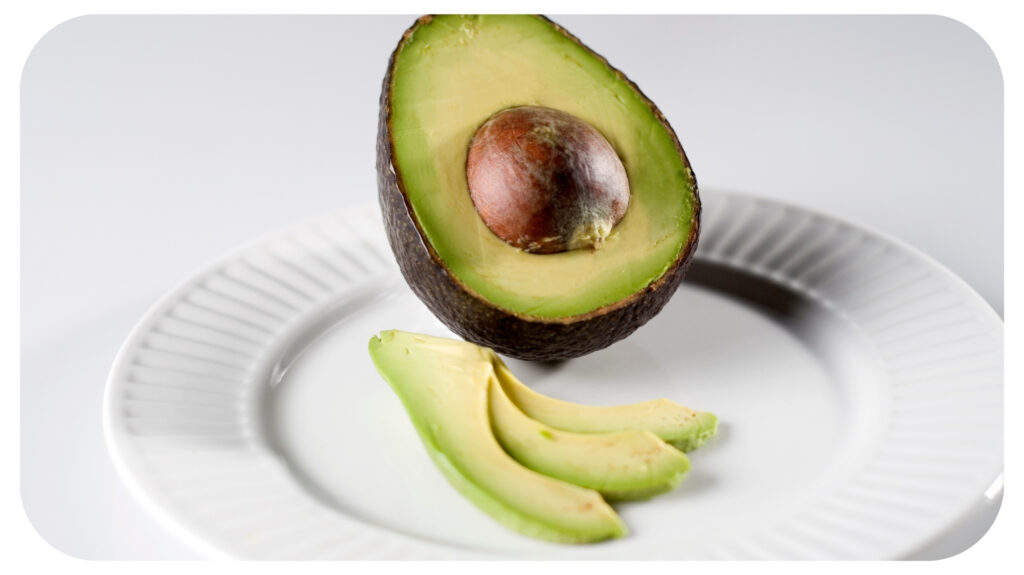
Same way as blueberries are, avocados are also equally food in improving brain health. They help to lower your blood pressure, as high blood pressure leads to cognitive decline. Consuming monounsaturated fats can help to bring down blood pressure and avocado are a rich source of these fatty acids. A research carried out in 2012 revealed that monounsaturated fats help to preserve glial cells within the brain known as astrocytes which offers assistance to the nerves transmitting the information. Avocados are used in diets for those affected by neurological disorders as they are packed with neuroprotective qualities and improve oxygenation and supply of blood to the brain. Other sources of healthy unsaturated fats include peanuts, almonds, chia and flaxseed seeds, cashews, sunflower, soybean, canola oils, and walnuts.
5. Oats
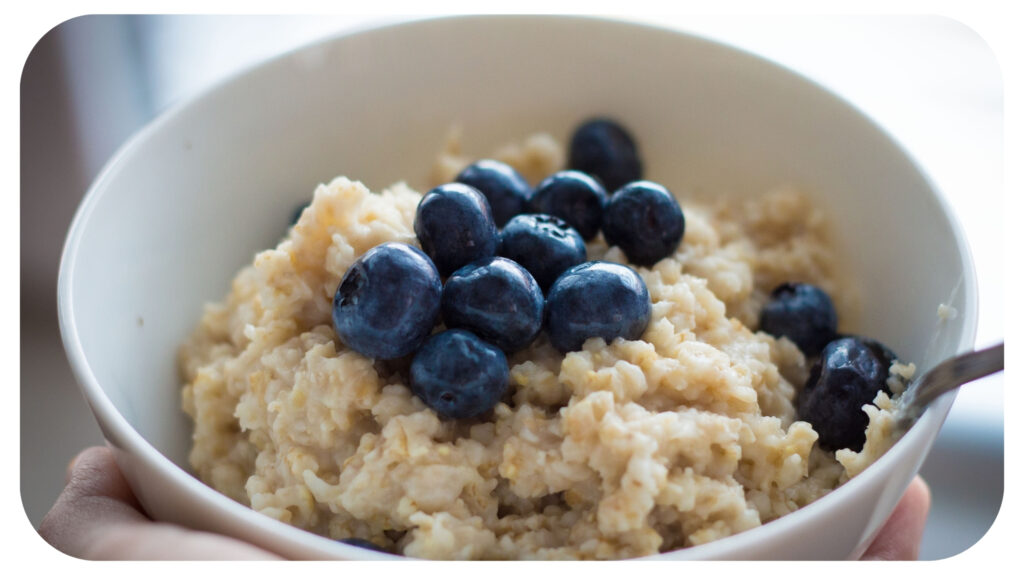
Porridge oats constitute a low glycemic index meal. Research conducted on children aged 12-14 years showed that consuming breakfast with a low glycemic index improved cognitive performance during the morning hours of school.
Porridge prepared from oats (whole grain) and seasoned with peanut or nut butter or few toasted nuts comprise a low GI diet for children with no nut allergy issues. For those who are allergic, including some natural yogurt or roasted seeds offers high protein content and balances blood sugar.
6. Lentils And Beans
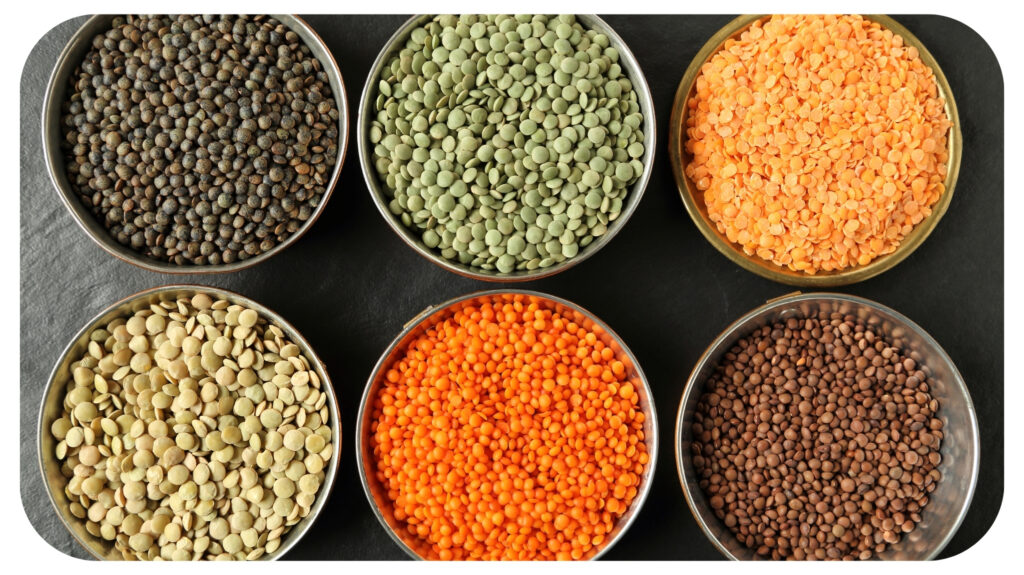
Packed with B vitamin folate, the power food lentils are known for enhancing brain power. You can give your kids wholesome lentil soup, or add them to curries and curd. The delicate texture of red lentils is best suited for younger kids. A cup full of cooked lentils is a rich source of zinc almost 2.52 mg which fulfills the average daily requirement for children in the age group of 4 to 8 years.
Beans offer the brain its favorite nourishment – glucose which helps in the brain functions such as memory, thinking, and perceiving information. The functioning of the brain also rests on how effectively it utilizes this fuel which is glucose. It is essential to note that the brain is quite vulnerable to insufficient glucose levels. When the glucose levels dip, it is manifested in signs of brain fog or confused thinking. Beans are high in carbs, anti-oxidants, minerals, and protein. They digest slowly and offer your brain a constant glucose supply which makes it happy.
7. Dark Chocolates
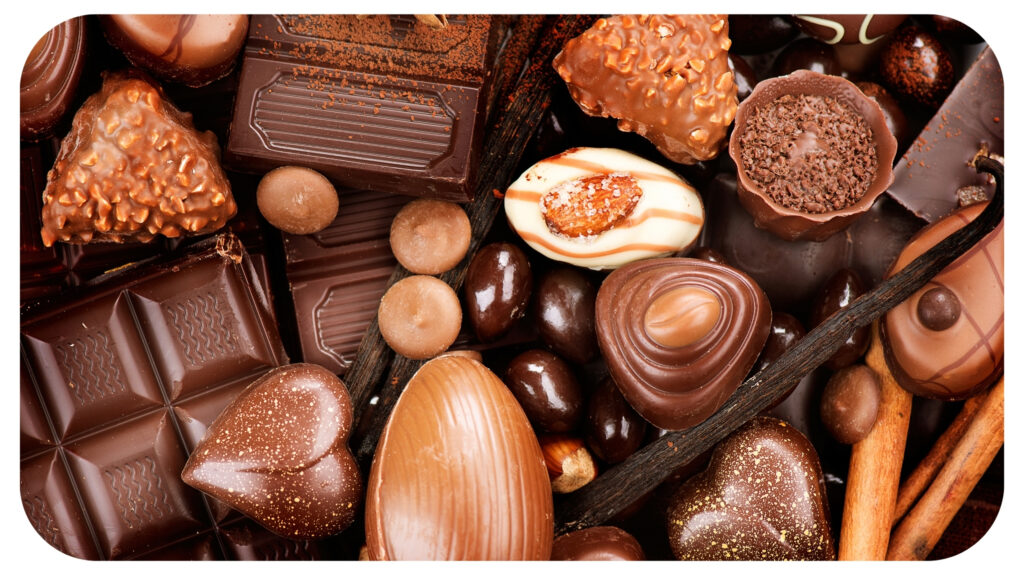
Mood enhancer chocolates are full of antioxidants, caffeine, and flavonoids that contain brain-boosting qualities. Studies have pointed towards the mood and memory-enhancing properties of chocolates. Evidence supports the potential of cocoa flavonoids to promote cognitive functioning in humans, most likely through processes such as elevated cerebral blood circulation.
8. Eggs
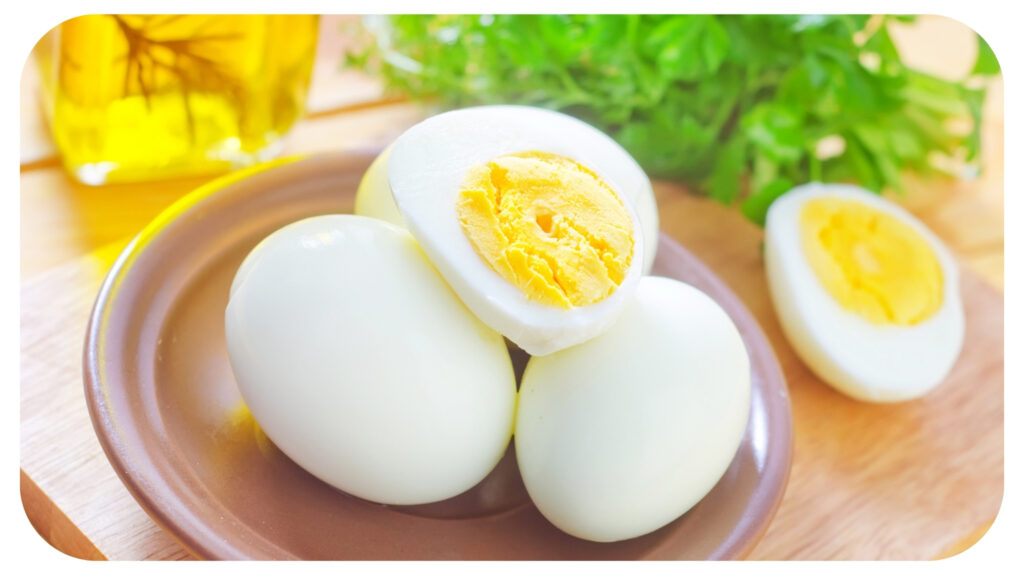
A favorite among children for breakfast, eggs are powerful brain food and an excellent source of B vitamins – vitamins B, B12, and folic acid. Current research has indicated the potential of B vitamins to curb brain shrinkage and prolong cognitive decline. So far as brain wellness is concerned, egg yolks are rich in choline which helps in lowering inflammation and bossing brain function such as interaction among brain cells and preserving memory.
Moreover, eggs also contain tryptophan, a naturally produced amino acid that plays an integral part in the generation of serotonin – the feel good hormone, and melatonin. Eggs also have an abundance of the carotenoid known as lutein which enhances cognitive function. You can also pair eggs with nourishing foods like whole grains and veggies to receive their optimum benefits.
Recommended: Things About Happy Hormones You Didn’t Know
9. Nuts
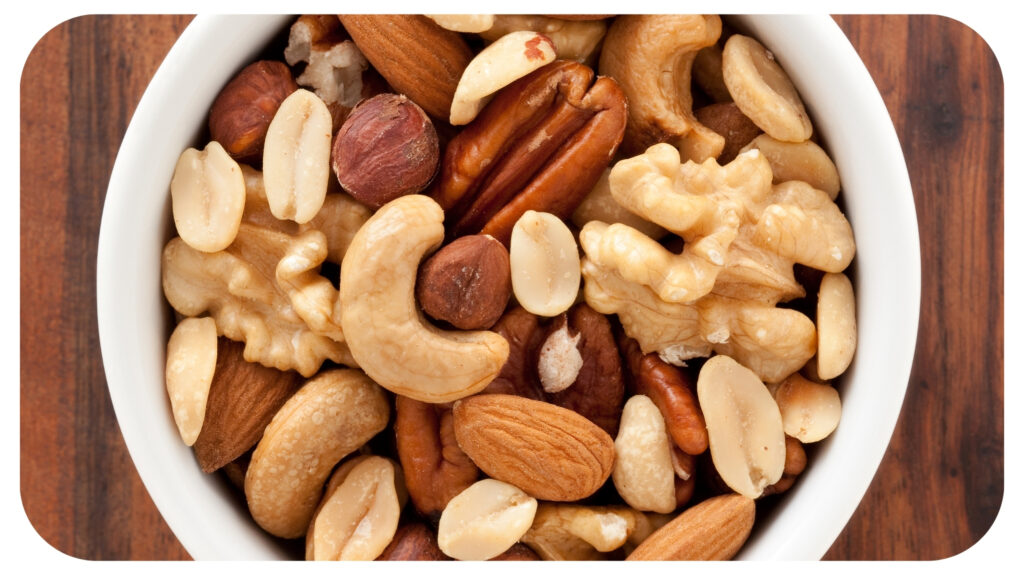
Nuts like walnut, pistachios, macadamias, and almonds all bring special benefits to your diet. Almonds are effective in boosting memory, macadamias help in the upkeep of brain neurotransmitters which are a primary component of mental wellness, and pistachio oil help to combat inflammation and safeguard the fatty acids. In comparison to different nuts, walnuts contain double the number of antioxidants that check cognitive degeneration relieve stress, and are loaded with DHA, an omega-3 fatty acid that is key to enhancing the performance of the brain and effective electrical signaling among the nerve cells.
Hazelnuts and almonds are also packed with vitamin E, which is associated with improved cognitive performance due to their antioxidant quality. Include them in your child’s diet for some brain elevating benefits.
10. Pumpkin Seeds
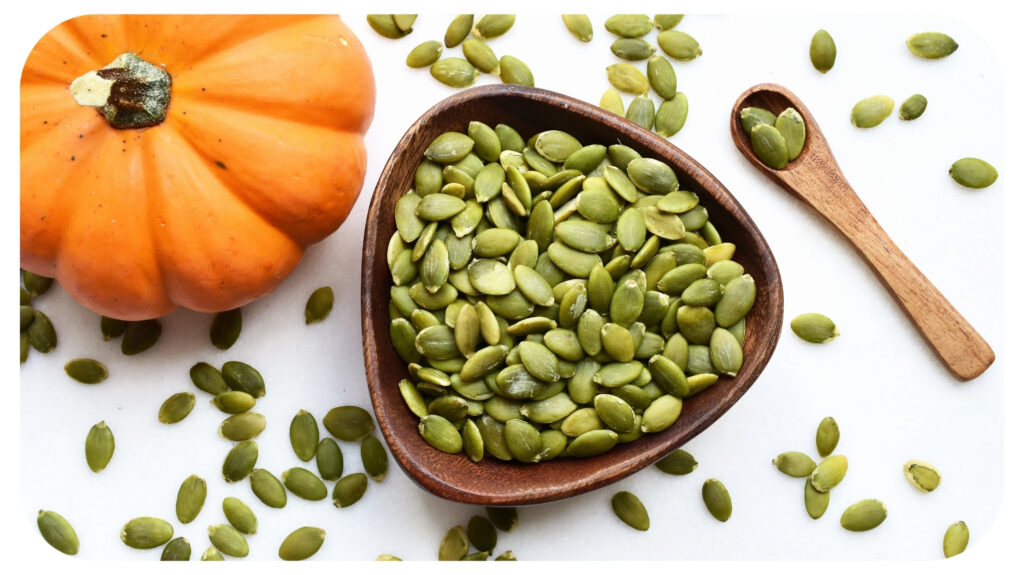
Pumpkin seeds safeguard the brain cells from free radical impairment due to their antioxidant quality. Being micronutrient- rich, pumpkin seeds are vital for improved brain function, helps to produce the neurotransmitter serotonin which promotes mental health, and are a rich source of fiber that boosts brain wellness through the gut-brain axis.
Closing Thoughts
Although there is no way to revive aging brains back to their former self, you can likely fortify the capacity of your brain to preserve important neurons from decay or death. All this is possible when you opt for a lifestyle lived on smart options. You can help your brain remain agile by sticking to a nutritious diet that has low cholesterol and fat content and is replete with leafy veggies, fruits, and oils. Worry about your wisdom as much as you bother about your waistline!
Recommended For You
Advantages and Disadvantages of Consuming Stevia
Sujata Sanyal
Sujata Sanyal has been in the writing circuit for the past 7 years and has touched upon various genres like travel, health, lifestyle, a wee bit of technology, cuisine, product descriptions and a bevy of others. 1 part of her is interested in animated political discussions, 2nd part interested in studying biographies and the remainder part in love with music and socially relevant work. Too many parts?




